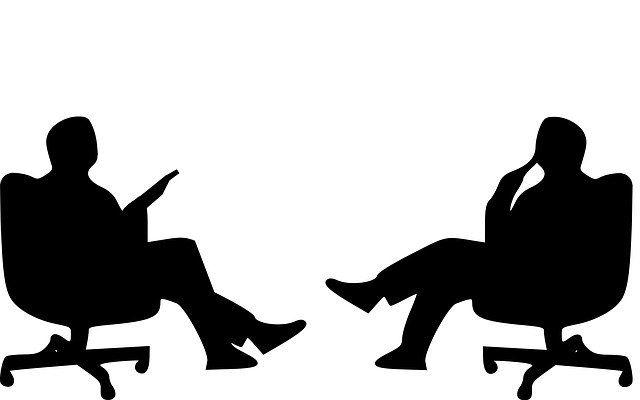
Q&A with Gabriele Severini, Head of Communications at Ivalua – Part 2
 By Alex
By Alex
In the second part of our conversation with Gabriele Severini, Head of Communications at Ivalua, we discuss his experiences of working with PR agencies and how to ensure you have a successful relationship.
You can read part 1 of our conversation here.
What advantages do you see of employing a PR agency, as opposed to solely carrying out activity in-house?
With a global remit, having local PR agencies and being able to leverage their resources is vital. From the team’s understanding of each market and what resonates best in it, to, on a more practical level, the network of existing relationships. Regardless of geography, it is a privilege to have access to the expertise of skilled PR professionals who can offer “semi-external” perspectives. The viewpoints of colleagues who are familiar with our organisation but in a way less “attached” to it can often spark (pun intended! 🙂) interesting conversations.
What’s been your experience of PR agency team stability and how important is it to you? Do you think agencies think about it enough?
At Ivalua, our PR agencies are an “extension” of our communications team. As a result, we operate in such a way that agencies’ familiarity not only with our focus areas but also with our ways of working is vital. I was lucky enough to find most of this “extended team” already in place when I joined Ivalua, but I believe in comprehensive onboarding processes, constantly sharing information and regularly connecting the agencies with our experts. A stable relationship with an agency and, particularly, with a specific team yields huge benefits that, yes, are too often underestimated.
What do you think makes a successful PR relationship?
Alignment of expectations and goals; open, honest and transparent communication; and, from a client perspective, keeping the PR agency constantly looped in and top of mind whenever there are potentially relevant opportunities.
How do you measure PR success?
Measuring PR success is hard and, often, proving the value of PR may be even harder. Being a data-driven organisation, finding the right formula to measure PR success was critical. We’ve recently developed our own “Media Performance Index” which combines a range of quantitative and qualitative metrics. More traditional methods like Share of Voice often paint a picture that is only partly accurate. The Index gives us the opportunity to combine the metrics that matter to us and use them accordingly.
In my case, this also suits the global nature of my role as I can adapt the model for each region to focus on metrics that are more or less relevant depending on each media landscape. This enables me to easily identify areas where we can improve, understand trends and, overall, perform a thorough analysis of our performance.
How does Spark differ from other agencies you have worked with?
From the first interaction with Spark, I’ve been hugely impressed by the team’s knowledge and ability to tie PR opportunities into our broader organisational priorities. On a daily basis, working with honesty and transparency feels refreshing and helps set clear expectations. Last but not least, Spark’s collaborative and proactive team fits perfectly with Ivalua’s culture.
What would your advice be to other PR and marketing professionals to help them get the most from PR?
Understand your organisation's priorities and align as much as possible to ensure PR doesn't operate in a silo and that internal colleagues appreciate the value of what we do. Great results are hard if not impossible to achieve without effective collaboration with our executives, experts and regional leaders. These days, we are not short of content; with Gen AI coming into play and further accelerating content production I'm excited to see how PR will evolve. I believe this means that our role as PR professionals will shift even more towards holistic reputation management. There are so many channels and content drivers we can leverage these days that although we want to be aware of all these elements, we should stay focused on the most beneficial opportunities and the most effective ways to maximise them, which can be very subjective. A clear strategy is essential to make the most of the range of tactics at our disposal.